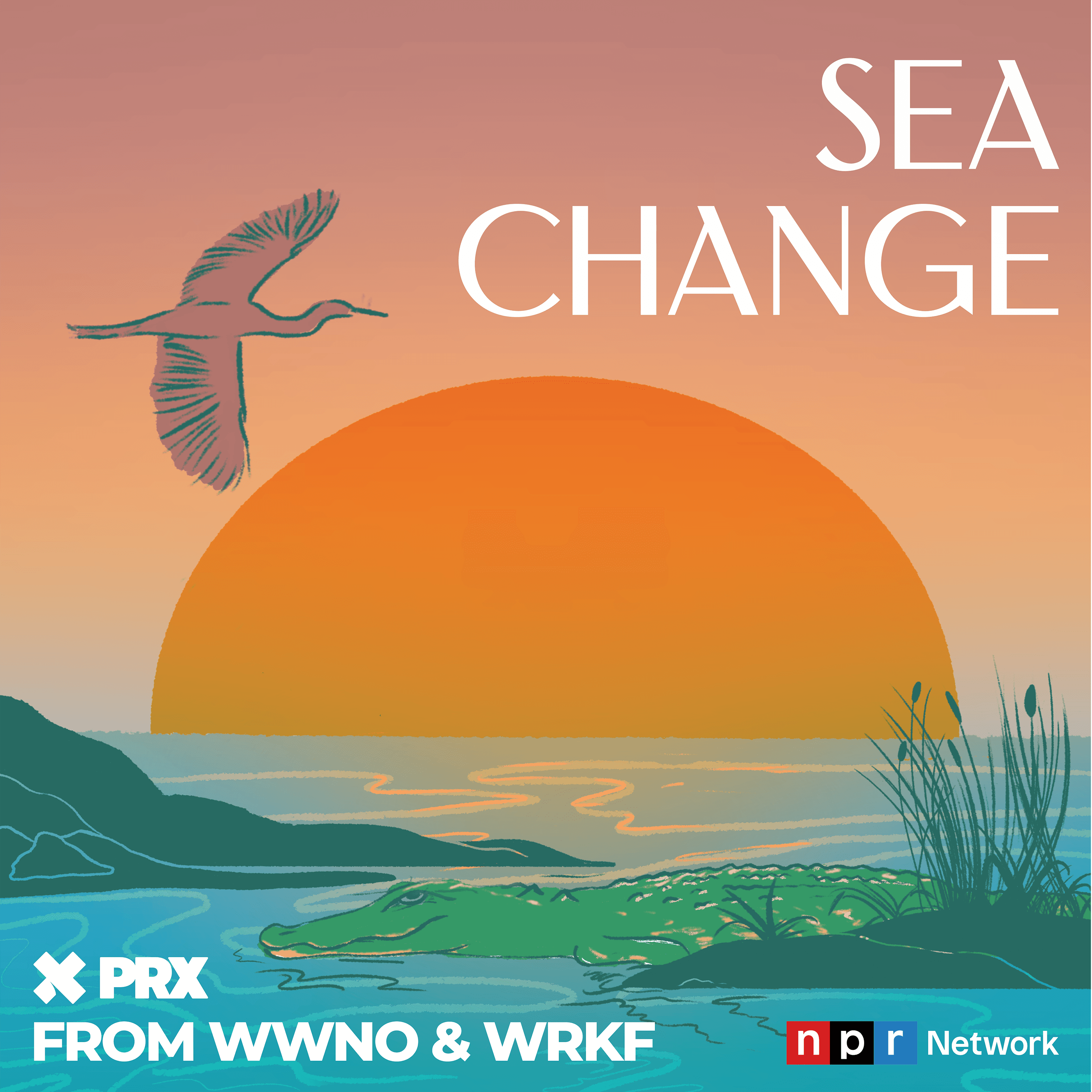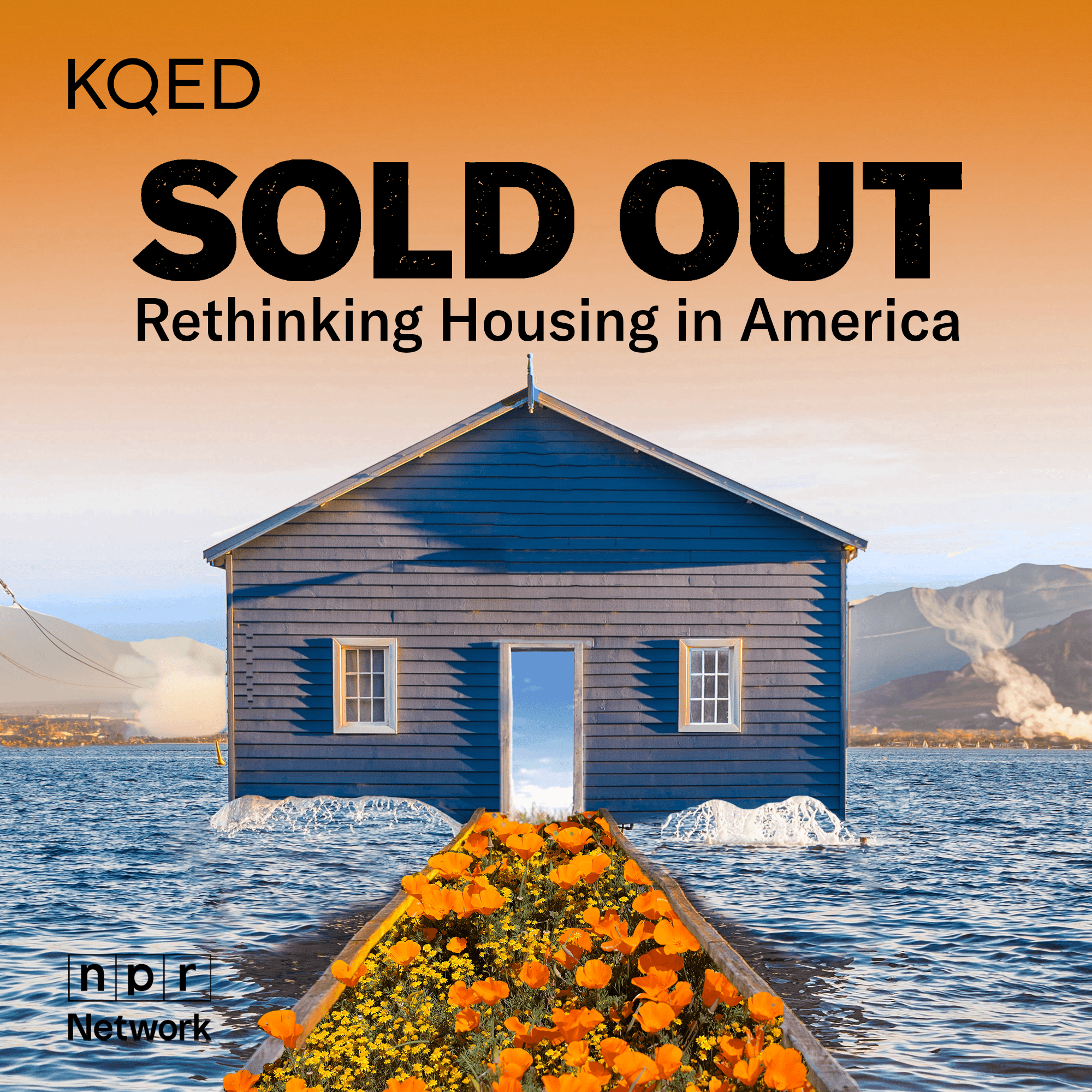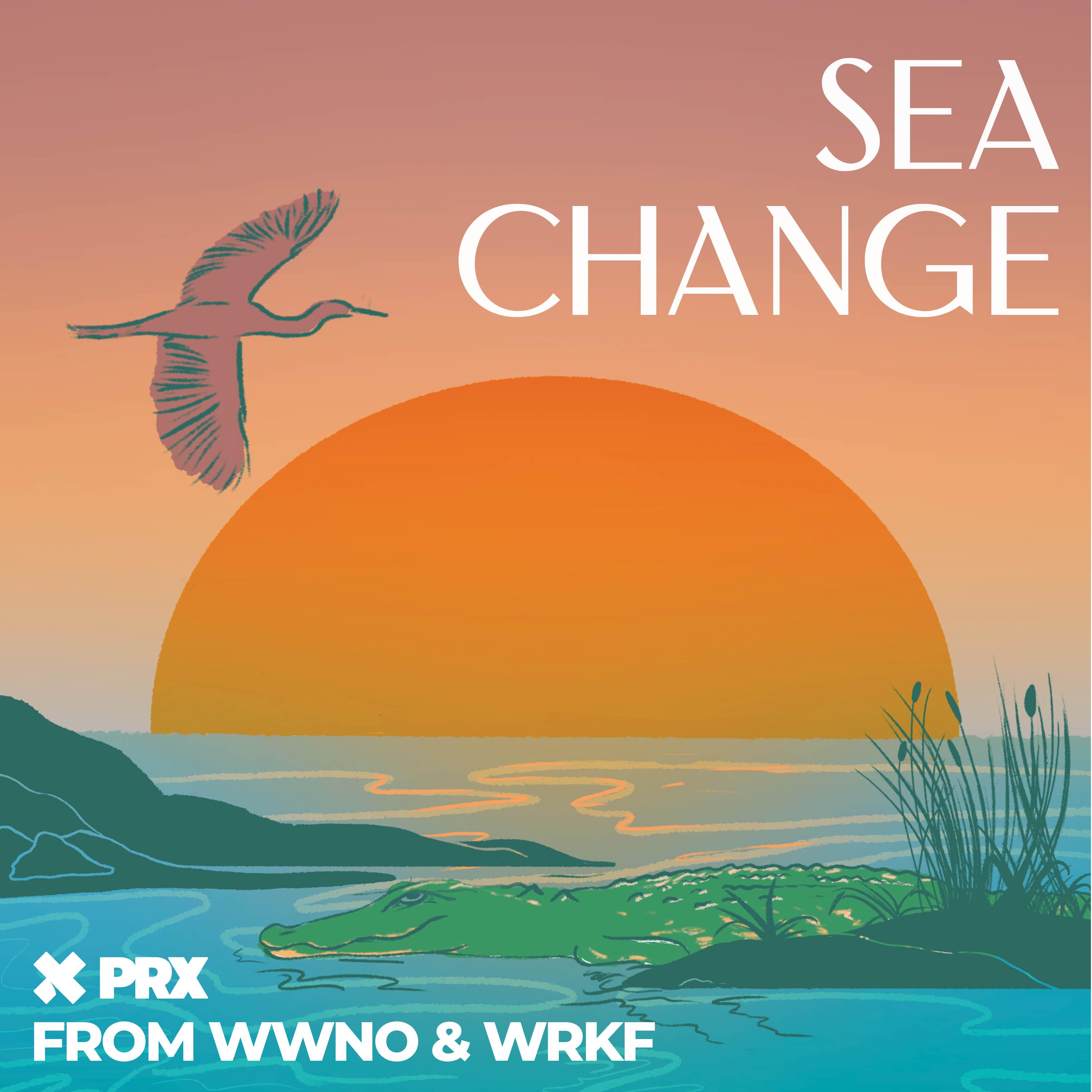
Sea Change
WWNO & WRKFLiving on the coast means living on the front lines of a rapidly changing planet. And as climate change transforms our coasts, that will transform our world.
Every two weeks, we bring you stories that illuminate, inspire, and sometimes enrage, as we dive deep into the environmental issues facing coastal communities on the Gulf Coast and beyond. We have a lot to save, and we have a lot of solutions. Join us as we investigate and celebrate life on a changing coast. It’s time to talk about a Sea Change.
Based in New Orleans, Sea Change is a production of WWNO New Orleans Public Radio and WRKF Baton Rouge Public Radio. Sea Change is a part of the NPR Podcast Network and is distributed by PRX. Hosted by Carlyle Calhoun. Our theme song is by Jon Batiste.
Sea Change is made possible with major support provided by The Gulf Research Program of the National Academies of Sciences, Engineering, and Medicine and The Water Collaborative. The Coastal Desk is supported by the Walton Family Foundation, the Greater New Orleans Foundation, and the Meraux Foundation.
Living on the coast means living on the front lines of a rapidly changing planet. And as climate change transforms our coasts, that will transform our world.
Every two weeks, we bring you stories that illuminate, inspire, and sometimes enrage, as we dive deep into the environmental issues facing coastal communities on the Gulf Coast and beyond. We have a lot to save, and we have a lot of solutions. Join us as we investigate and celebrate life on a changing coast. It’s time to talk about a Sea Change.
Based in New Orleans, Sea Change is a production of WWNO New Orleans Public Radio and WRKF Baton Rouge Public Radio. Sea Change is a part of the NPR Podcast Network and is distributed by PRX. Hosted by Carlyle Calhoun. Our theme song is by Jon Batiste.
Sea Change is made possible with major support provided by The Gulf Research Program of the National Academies of Sciences, Engineering, and Medicine and The Water Collaborative. The Coastal Desk is supported by the Walton Family Foundation, the Greater New Orleans Foundation, and the Meraux Foundation.






























































Fueling Knowledge: Part Two

Last time, we learned about the nearly century-old bond between the oil and gas industry and one university — LSU. In the second and final episode of our series, "Fueling Knowledge," we look at how much money is flowing into universities and what the industry may hope to get in return. This relationship comes with big benefits: student mentors, scholarships, research funding, and new buildings, among others. But is all that money truly free? No strings? Or could it be part of a corporate playbook to help keep the industry alive?
Listen to part one of the series here.
This series was reported in partnership with the Louisiana Illuminator and Floodlight News.
To read more about this investigation, check out this article.
And, to read more about how this money could be shaping climate policy, check out this article.
This episode is the second in our two-part series: "Fueling Knowledge." This episode is hosted by Floodlight's Pam Radke and Halle Parker. This episode was reported by Halle Parker, Pam Radtke, and Piper Hutchinson of the Louisiana Illuminator. It was edited by Johanna Zorn and Carlyle Calhoun, with additional help from Ryan Vasquez, Rosemary Westwood, Greg Larose, and Dee Hall. The episode was fact-checked by Garrett Hazelwood. Our theme music is by Jon Batiste and our sound designer is Emily Jankowski. Carlyle Calhoun is our managing producer.
Sea Change is a WWNO and WRKF production. We are part of the NPR Podcast Network and distributed by PRX. WWNO’s Coastal Desk is supported by the Walton Family Foundation, the Meraux Foundation, and the Greater New Orleans Foundation.